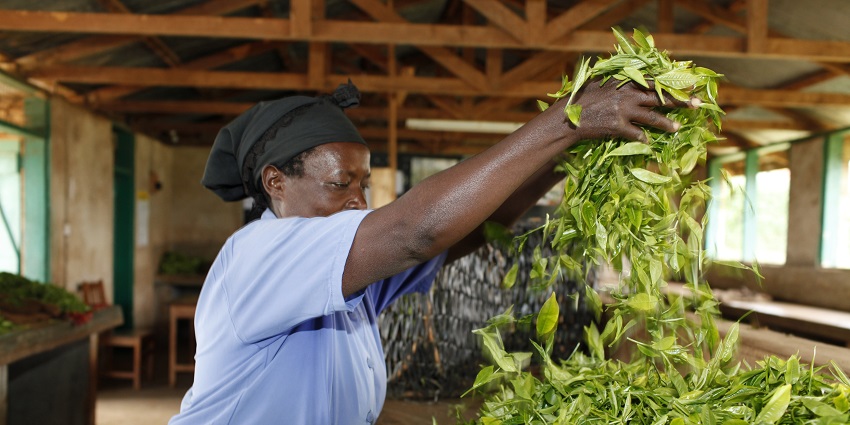
The Grameen Crédit Agricole Foundation continues to make significant investments in Sub-Saharan Africa, its priority intervention area, with three new investments.
In South Africa, the Foundation financed SEF. Founded in 1992 in Limpopo province, the poorest region of the country, SEF provides microcredit to women living in poor, rural communities. SEF has gained considerable international recognition for its poverty-targeting methodology, the Participatory Wealth Ranking, one of the first such tools officially recognised and promoted by the Microcredit Summit Campaign. The institution that serves 197,359 active borrowers (99% of women and 56% of clients below the National Poverty Line), has been granted a first loan equivalent to €3 million in local currency from the Foundation.
Similarly, the Foundation granted a first loan in local currency equivalent to € 250,000 to the microfinance institution MLF Zambia. The MicroLoan Foundation Zambia (MLF-Z) is a not-for-profit specialist microfinance provider that was established in 2008. Its activities are overseen by the Microloan Foundation which has its headquarters in the UK and is regulated by the Charity Commission. MLF-Z’s main activity is providing low-income women living in predominantly rural areas of Eastern, Southern and Central Provinces of Zambia with short-term loans for productive purposes. The institution, that lends exclusively to women, serves over 11,000 active borrowers. This investment has been conducted within the framework of the African Facility scheme, implemented in partnership with the French Development Agency (AFD).
Also within the framework of the African Facility, the Grameen Credit Agricole Foundation has granted a new loan to the microfinance institution PMBF SA (ex-SOFIPE) in Burkina Faso, for a total amount in local currency equivalent to € 750,000 over a three-year period. PMBF-SA is a microfinance institution that grants loans and offers financing for imports and other financial products to small entrepreneurs. As of today, the institution serves around 17,000 clients, 67% of which are women.
Further information on the Foundation partners here.